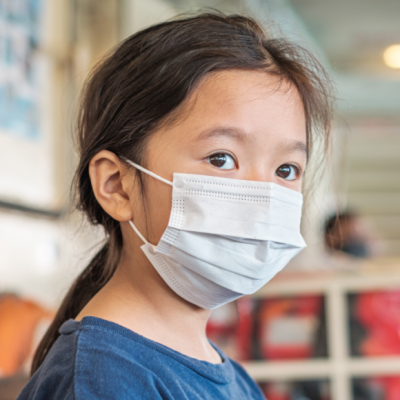A recent study conducted by scientists at the University of Bielefeld has found that the risk of Covid-19 infection in communal and collective accommodation for refugees is very high, at 17 percent. The study, which was published in the scientific journal PUB, analyzed data from 9,785 refugees across 42 accommodation facilities in Germany, of which 1,769 tested positive for SARS-CoV-2. The study found that the risk of infection varied greatly between different facilities, with some having a much lower risk than others. The study’s authors attribute the high risk of infection to the cramped living conditions in these facilities, which make social distancing and other protective measures difficult.
The study’s lead author, Kayvan Bozorgmehr, who is a professor of public health at the University of Bielefeld, explained that the risk of infection for residents across all 42 facilities was 17 percent. However, he noted that this figure varied greatly between different facilities, and that the study only looked at facilities where at least one case had been confirmed. The study’s co-author, Oliver Razum, who is the head of the Epidemiology & International Public Health research group at the University of Bielefeld, identified toilets, showers, kitchens, and other communal areas as hotspots for infection within these facilities.
The study’s findings highlight the urgent need for measures to reduce the risk of Covid-19 infection in communal and collective accommodation for refugees. While there is no way to completely eliminate the risk of infection, the study’s authors suggest that a decentralized approach to accommodation, with individual rooms, could significantly reduce the risk. It is important that policymakers take these findings into account when developing strategies to protect vulnerable populations from the spread of Covid-19.










